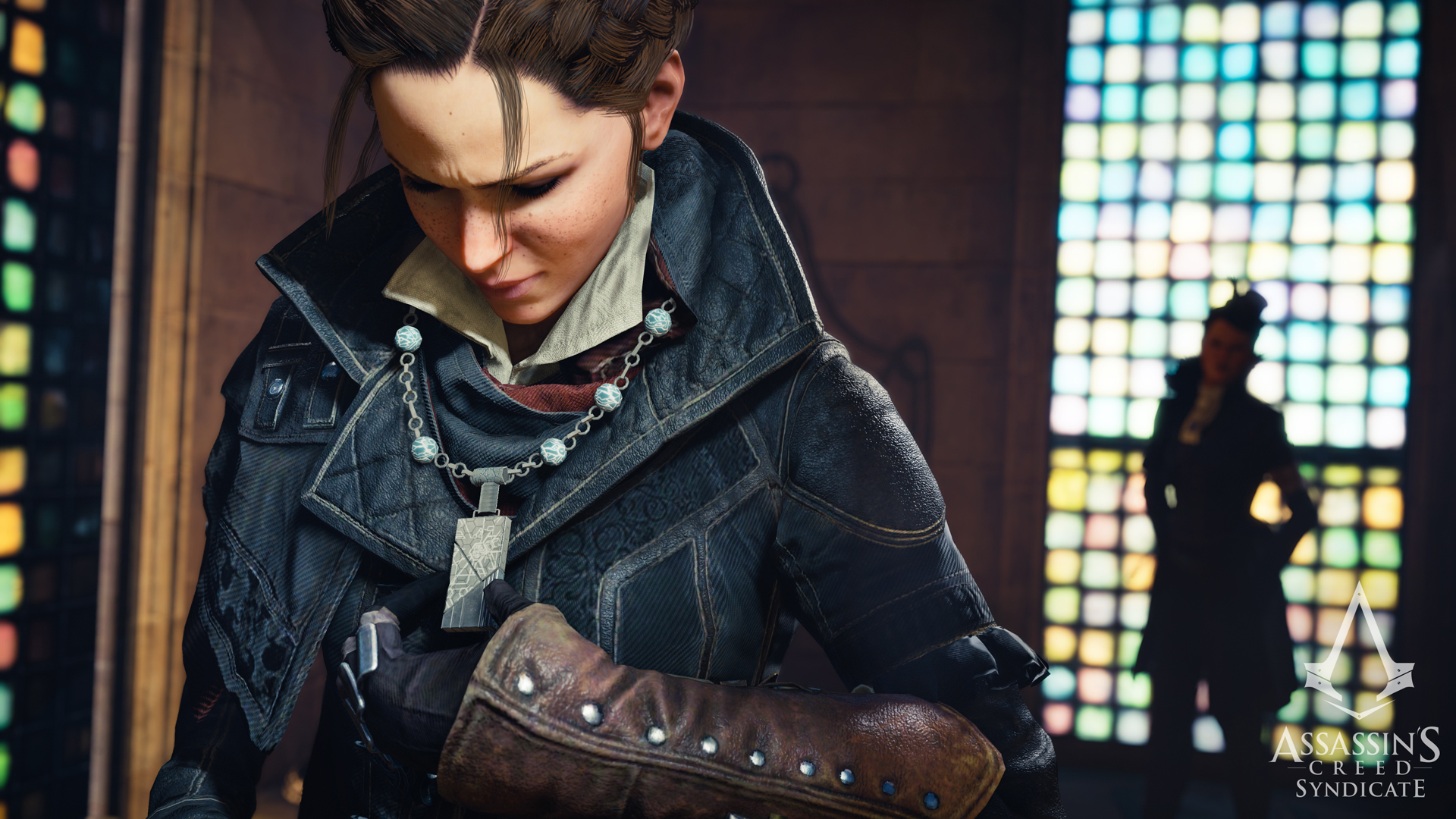Assassin's Creed Syndicate feels like Ubisoft's multi-million dollar apology
And that's actually a really good thing

I spent the weekend immersed in Victorian London. I ran across rooftops, leaped from chimneys and murdered thugs in the most alarmingly brutal ways. I spent the weekend in the company of Jacob and Evie Frye, the twins at the centre of this year's Assassin's Creed instalment, known as Syndicate.
I'm not here to review the game, but what struck me about Syndicate is that, while it is very similar to its predecessors, in a number of ways it is subtly different. In France, the real-life revolution dramatised by last year's Unity was characterised by mounting turmoil and anger – a perfect metaphor for the game's release. Britain's response following the French revolution was more muted: no royals lost their heads, but instead the existing system was quietly adapted to accommodate the new reality. This too, is a perfect metaphor for Syndicate.
Essentially, Assassin's Creed: Syndicate, feels like developer Ubisoft's multi-million dollar apology for what came before it. Ubisoft has been very careful this time around to not put a foot wrong. Let's take a look at the evidence.
Bug splatting
First and foremost, if you've played the game then you'll notice that there aren't any particularly noticeable technical problems. A low bar perhaps, but the release of Unity was plagued by bugs, from characters speaking over each other to people missing their faces. Shortly after release, Ubisoft pushed out a gigantic 6.7GB patch to try to fix some of the mess, but still problems persisted. The day-one Syndicate patch, by contrast, was just shy of 500mb.
It appears that, behind the scenes, the company had put more money and resources into the 'quality assurance' process out of a paranoid desire to not repeat last year's fiasco. But getting this right is not just about placating gamers who pick up Syndicate; what seems clear to me is that this is about maintaining the trust of those who may have had their fingers burnt last year. If a second game in a row was as fundamentally broken, that would have effectively been the end of the Assassin's Creed brand as a triple-A title.
Think about the titans of yesteryear, the likes of Tony Hawk's Pro Skater or even Sonic the Hedgehog. Previously the franchises on name alone would shift units, but now tainted, any new release is greeted by suspicion and rolled eyes, rather than enthusiasm and rolls of banknotes.
To make this improvement, the game has reined in its ambitions a little, and that's no bad thing. Unity was a sprawling mess, and tried to expand the experience to include a half-baked connected app which was required if you wanted to unlock certain treasure chests in the game, as well as with a multiplayer mode, all of which meant the game lost focus.
Get daily insight, inspiration and deals in your inbox
Sign up for breaking news, reviews, opinion, top tech deals, and more.
Removing multiplayer was smart: aside from the technical challenge of integrating online play, matchmaking and so on, the existence of certain sections of Unity which really required multiple players was a nightmare for gamers who didn't have any friends to play with, or was at the mercy of random matching with people on the internet. Ubisoft has said itself that getting rid of this feature enabled develops to 'focus' on the immersive single-player story and getting that right instead.
Micropayments, meanwhile, still exist in Syndicate, but are not promoted as egregiously as in Unity. The developers have insisted that all of the content in the game is fully accessible without extra payments. Payments are instead there for those players who can't be bothered collecting every last hidden treasure, which feels more like an acceptable compromise.

Political positioning
The other big advance appears to be Ubisoft choosing to be on the right side of history in the on-going gaming culture war. Last year, Unity got a lot of stick for the fact the player couldn't play as a woman in the multiplayer mode. The developer then only made things worse by defending the decision to not include any women by claiming that coding women was too difficult. That remark went down exactly as well as you could have imagined.